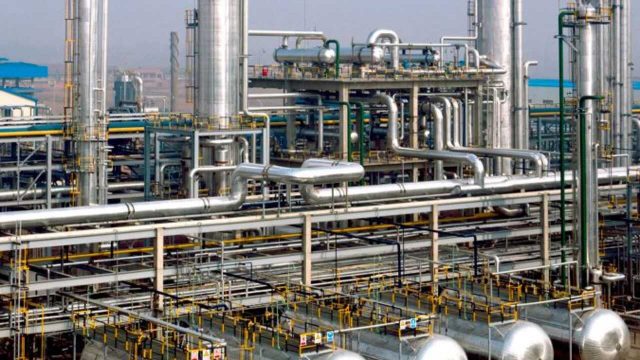The Port Harcourt Refining Company (PHRC) Ltd has resumed crude oil processing, marking a pivotal moment for Nigeria’s energy sector. This revival, supported by a $1.5 billion rehabilitation project, aims to reduce dependence on imported petroleum products and enhance energy availability across the country.
Femi Soneye, Chief Corporate Communications Officer of the Nigerian National Petroleum Company Limited (NNPCL), described the development as a “new era of economic transformation” for Nigeria.
The Warri Refinery is also set to resume operations soon, further boosting domestic fuel supply.
Impact on Small and Medium-Sized Enterprises (SMEs)
The refinery’s operational revival brings significant benefits to Nigeria’s business landscape, particularly for SMEs reliant on energy:
- Cost Stabilization
A steady supply of locally refined petroleum products may help stabilize fuel prices, reducing operational costs for businesses in logistics, manufacturing, and other energy-intensive industries.
- Enhanced Energy Availability
Improved fuel availability could address frequent shortages, ensuring smoother business operations for SMEs.
- Opportunities in Allied Industries
Businesses in logistics, transportation, and energy solutions are likely to see increased activity as demand for support services grows.
Synergy with the Dangote Refinery
The simultaneous operations of the Port Harcourt Refinery and the recently activated Dangote Refinery, which produces diesel and aviation fuel, are expected to:
- Mitigate the effects of subsidy removal by improving domestic supply.
- Foster a more sustainable business environment for entrepreneurs across Nigeria.
This milestone offers a hopeful outlook for Nigeria’s economic future, signaling reduced import reliance and fostering opportunities for businesses. With a focus on energy independence, this development strengthens the foundation for sustainable economic growth and positions SMEs as beneficiaries of the nation’s evolving energy landscape.










